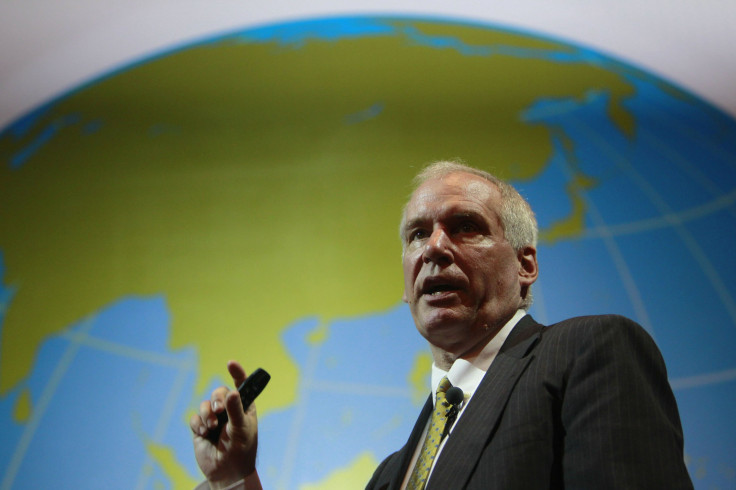Boston Fed Chief Eric Rosengren's Speech To Be Watched For Rate Hike Clues As Labor Market Strengthens

Investors will closely watch what Eric Rosengren, president of the Federal Reserve Bank of Boston, has to say at an event in Portsmouth, Rhode Island, Monday, after a better-than-expected report on the unemployment situation in the United States in October is widely believed to have bolstered the case for a December rate hike.
Data released Friday showed an unexpected surge in U.S. jobs in October and a drop in the unemployment rate. And investors will scrutinize Rosengren’s speech for clues to the prospects of a shift in the U.S. Federal Reserve’s monetary policy, which would end years of record-low interest rates.
“With Janet Yellen holding firm on a December rate hike expectation during her testimony to Congress on Thursday, and then the massive beat from the non-farm payrolls on Friday, 2015 has been realigned with the beginning of the year's expectations of at least one rate hike,” Evan Lucas, market strategist at IG in Melbourne, told Reuters.
Non-farm payrolls increased by 271,000 last month -- the largest monthly rise since December 2014 -- according to data released by the U.S. Labor Department Friday. The unemployment rate also fell to a seven-and-a-half year low of 5 percent. And the strong data has led monetary policy hawks to come out in favor of a modest rate hike in December.
“My own personal preference would be that we actually have a fairly gradual increase in interest rates and that we don’t wait so long that we end up getting behind the curve and we end up having to tighten more abruptly,” Rosengren said, in an interview with the New York Times in October, adding that market expectations of the timing of a rate hike “don’t get a veto” over monetary policy.
“If we wait too long … I think that just increases the probability that we make more mistakes,” Rosengren said, in an interview with Reuters.
However, opponents of a rate hike have cited weak U.S. inflation -- which has continued to languish below the Fed’s goal of 2 percent -- and weakness in emerging market economies that are reeling under the impact of China's slowdown, as reasons to delay tightening monetary policy.
Rosengren is just one of many Fed officials scheduled to speak this week. Chicago Federal Reserve Bank President Charles Evans will discuss U.S. government debt during a panel discussion in Chicago Tuesday, while New York Fed President William Dudley and St. Louis Fed chief James Bullard are expected to express their views on U.S. monetary policy Thursday.
© Copyright IBTimes 2024. All rights reserved.












